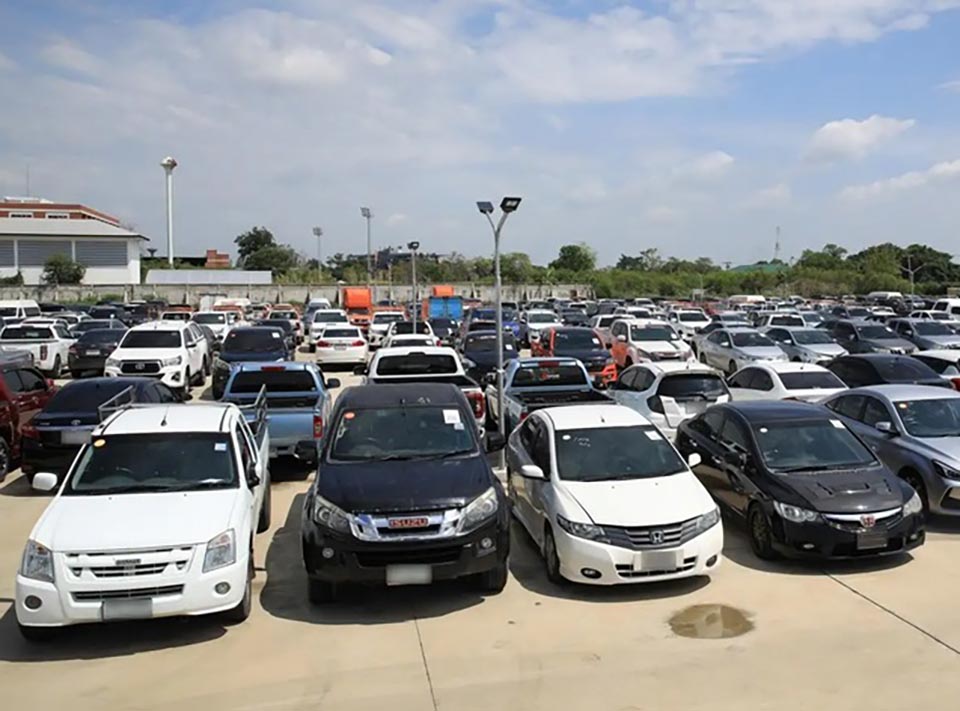
The National Credit Bureau (NCB) has announced it recorded a 15% rise in non-performing loans (NPLs) in Q1 2024, driven by defaults on auto and mortgage loans. NPLs reached 1.09 trillion baht, with auto NPLs surging by 32% to 240 billion baht and housing NPLs increasing by 18% to 1.99 billion baht.
According to the NCB, loans categorized as special mention (SM), with a debt default period between 30 and 90 days, also rose to 644 billion baht, a 7.3% year-on-year increase. Housing SMs grew by 15% to approximately 187 billion baht, and auto SMs rose by 7.1% to 204 billion baht. Credit card SMs surged to 11.7 billion baht, a 32.4% increase, partly due to a recent adjustment in the central bank’s minimum payment regulation from 5% to 8%.
The rise in NPLs and SMs reflects Thailand’s uneven economic recovery, characterized by a K-shaped trajectory. Many individuals are struggling with higher living expenses and reduced capacity to repay debts. Given the current economic conditions and elevated household debt, the agency said there is a risk that SMs may transition into NPLs.
Financial institutions have extended financial assistance and implemented debt restructuring measures to help borrowers. Major local banks have also announced six-month reductions in loan interest rates to assist vulnerable clients. However, similar measures have not been widely implemented for auto loan services.
Banks have become more stringent in approving new loans to control credit risk. In Q1 2024, total household debts amounted to 13.6 trillion baht, with new loans growing by 2.9% year-on-year. Housing loans increased by 3.8%, while auto loans declined by 1.5%. Commercial and overdraft loans related to business operations contracted by 5.7% and 5%, respectively.
NCB data also shows approximately 84.4 million household debt accounts in Q1 2024, a 1.2% year-on-year increase. Housing, auto, and personal loan accounts contracted by 1%, 2%, and 0.9%, respectively, while credit card accounts grew by 1.5%.(NNT)








